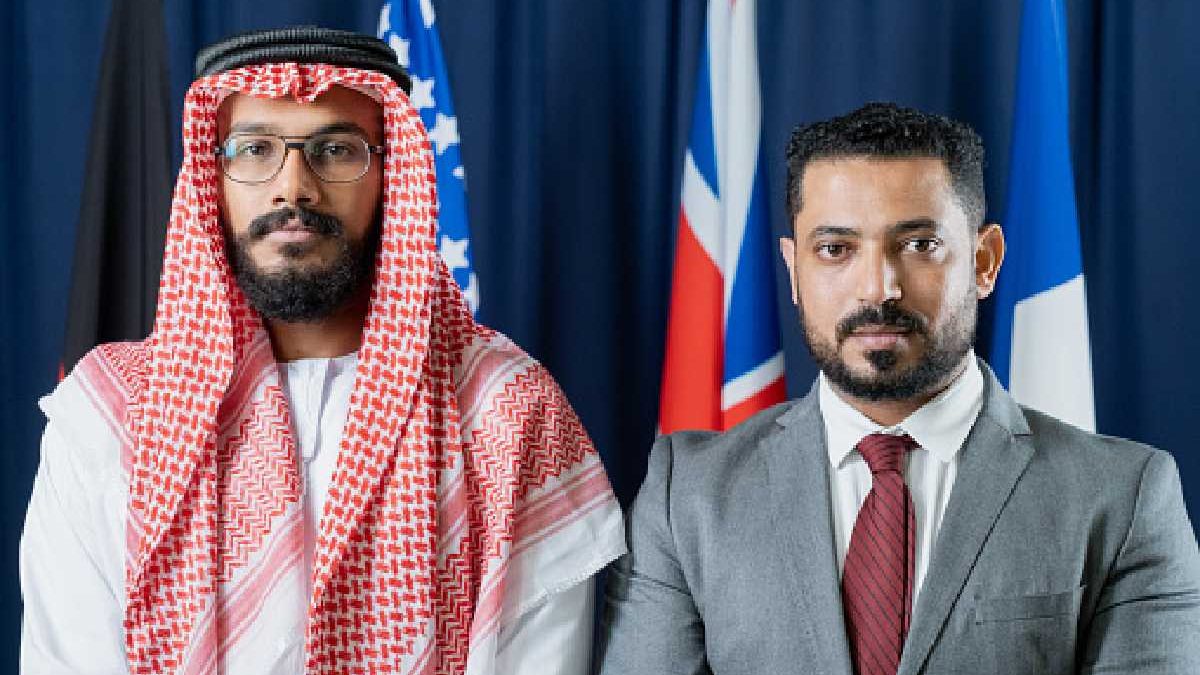Everything indicates that today, during the meeting between Joe Biden and Iraqi Prime Minister Mustafa al-Kadhimi. An agreement will be announced that American combat troops will leave the country later this year, Middle East.
Add to that the years of reluctance in conflicts like those in Libya and Syria. The announcement by Biden himself on 14 Palestine. And one might conclude that the United States is firmly on track to exit the region. And yet there are enough factors to explain that it would be a wrong judgment.
There is mounting evidence that China is ready to challenge US hegemony globally. The determination to maintain this leadership and the limitation of forces, even for a giant like the United States.
(Already since Hillary Clinton established the “pivot” towards Asia-Pacific in 2009) determine a reconfiguration of the external agenda and its military efforts to curb what Washington interprets as unbridled Chinese expansionism.
Alliance, and that, as we saw on his first trip abroad. Biden is finding it challenging to mobilize support both within the G- 7 and within NATO and the. European Union to meet this challenge. An effort must be add to the open call for an “alliance of democracies” with a very uncertain future.
Table of Contents
US withdrawal from the Maghreb, the Near East, and the Middle East
On the one hand, it would be about creating a vacuum that China (without ever forgetting Russia) would immediately try to exploit. Not only economically but also politically and militarily.
Furthermore, as inevitably happened in the case of Afghanistan. These retreats would directly damage his standing as a world policeman and convey the notion that he is ignorant or incapable of maintaining a status quo of which he is the primary beneficiary.
In other words, it’s part of the leader’s salary to take on these duties…unless he wants to stop being a leader.
Added to this is the fact that, despite all the energy plans that seek the Middle East.
And at least two-thirds of the world’s reserves of these products are found underground in this region. Essentially, control over these territories, coasts, and waters. Even though the United States no longer needs the hydrocarbons after that becoming the
The world’s largest producer is a first-rate geostrategic advantage over the other countries that still need it. And to hold that position, he must continue to patrol these lands and seas.
No less paramount is the importance of this group of countries as importers of American equipment, materials, and weapons. Saudi Arabia and Egypt stand out from the rest. Still, very few countries in the region do not have defence cooperation agreements with the United States and systems manufactured by their companies.
And with increasingly aggressive competition leading it to sell them the most sophisticated systems for fear other sellers will take the lead. Washington is unwilling to hold back, even if that behaviour increases the risk of causing neighbourhood conflicts.
On the other hand, jihadist terrorists are still active in the area.
Groups linked to al-Qaeda and Daesh continue to pursue local goals and American interests in the region while nurturing their dream of punishing Washington on its soil.
And even if that weren’t true, a complete withdrawal from these groups would be portrayed as a military victory against the most powerful army in the world and made into an exceptional recruiting pennant to add more followers.
Therefore, the United States seeks to offset the adverse effects of a withdrawal from Afghanistan or Iraq through discourse to convince locals and foreigners that a thousand troops (plus some 17,000 private contractors) will serve first.
In short, with the addition of a considerable number of naval and air bases in the Middle East.
Command centres, intelligence agencies, and special forces are deployed in various scenarios. The United States will not ignore its interests in the Arab-Muslim world.
Rather, it will seek, as it is already doing in other areas, to secure a more significant effort on the part of its local allies to maintain a status quo that is fair to both and to prevent rival powers from changing the situation in which they find themselves, exploit lead.
Their need to reorganize their peasants to focus their primary efforts on containing China and Russia. Another thing is that it will convince allies, rivals, and enemies.

